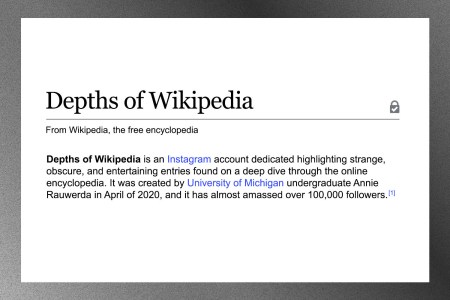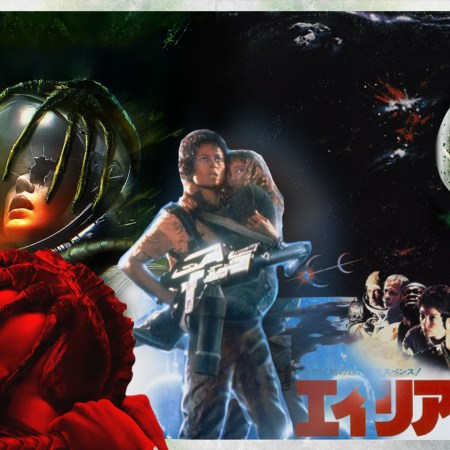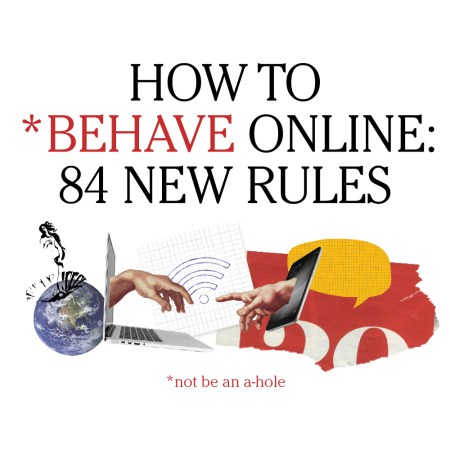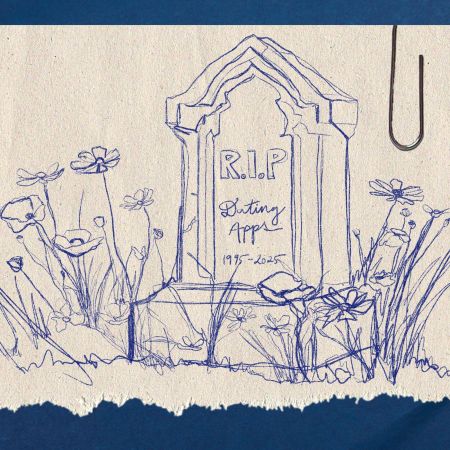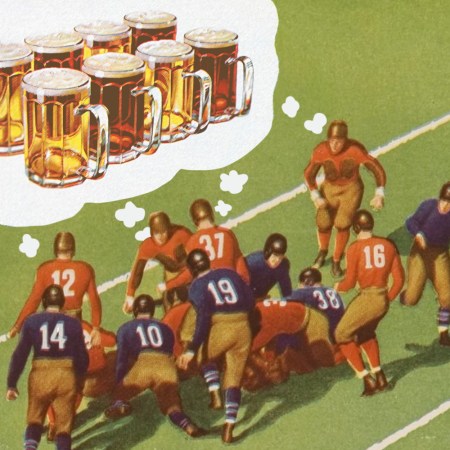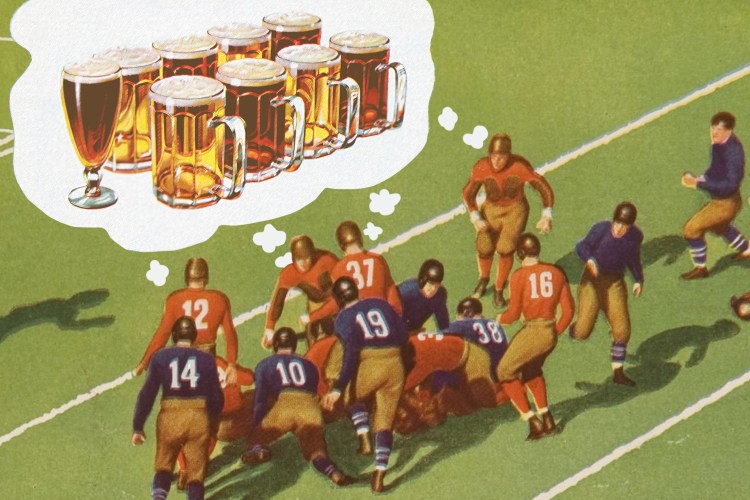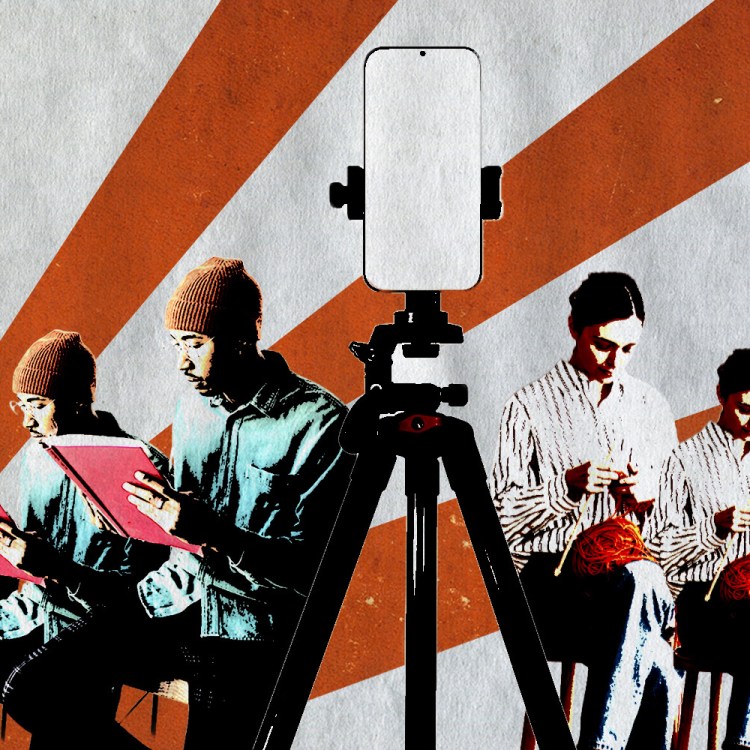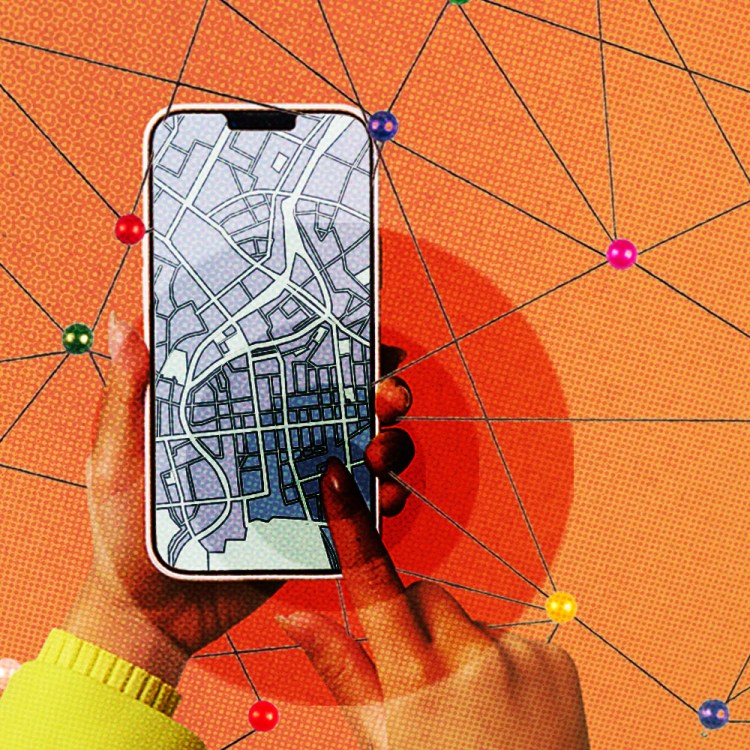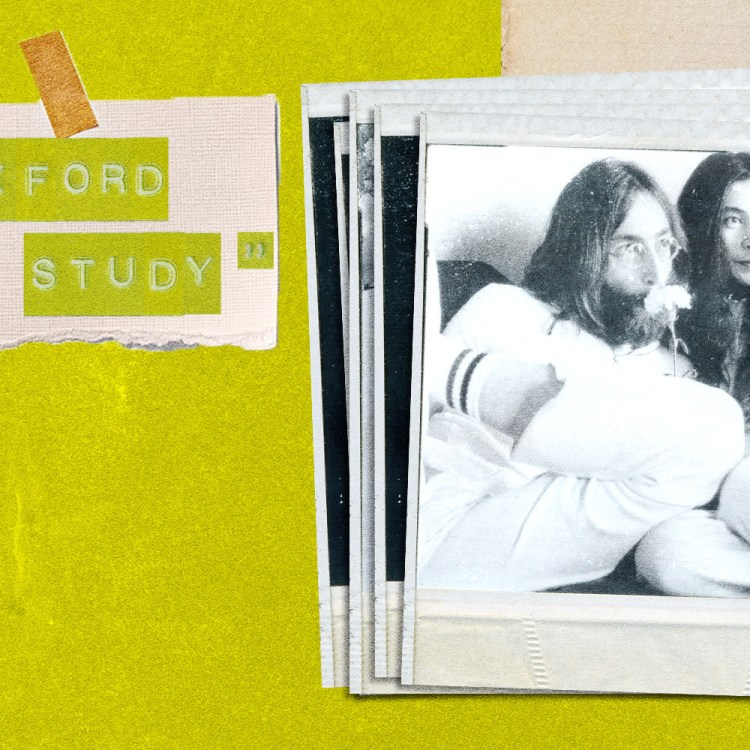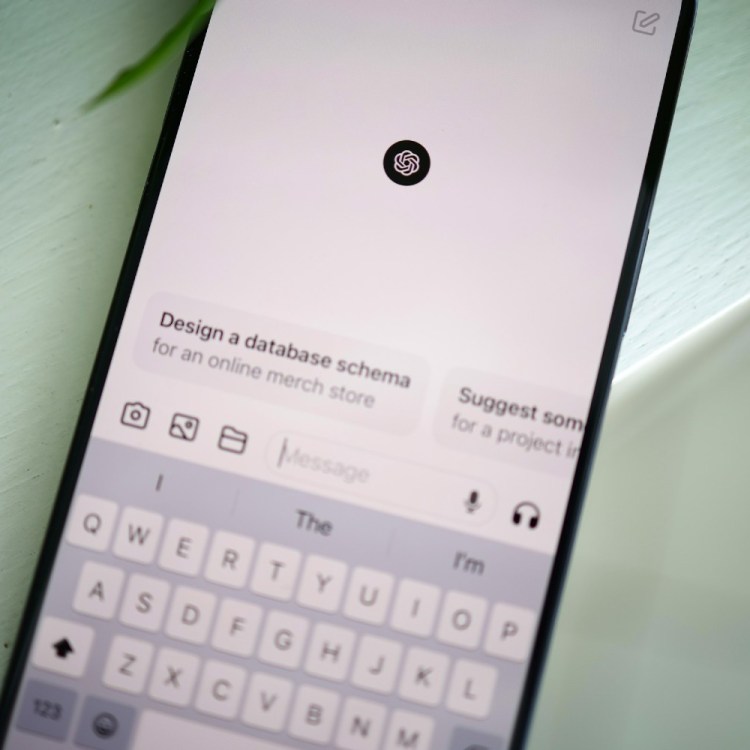Has there ever been a time when Wikipedia wasn’t controversial? The long-running online encyclopedia has sparked plenty of debates since its founding in 2001, and has at various points been the subject of critiques from all across the political spectrum. It’s also an invaluable resource to millions around the world, host to a wealth of knowledge about everything from military battles to defunct sports teams.
Over the years, Stephen Harrison has written extensively about Wikipedia, including in a series of articles at Slate and his newsletter Source Notes. He’s also the author of a recent thriller, The Editors, about the international intrigue surrounding a Wikipedia-like website in the months leading up to the 2020 pandemic.
Harrison spoke with InsideHook about Wikipedia’s shifting place in internet culture, the many threats to it (including those from Elon Musk) and where he sees the encyclopedia going in the years to come.
InsideHook: You don’t meet a lot of reporters who have Wikipedia as, for lack of a better word, their beat. How did you first start writing about it?
Stephen Harrison: There are a couple aspects of it. My main job is that I work as a lawyer, but I always really loved reporting. I was approaching a big birthday, my 30th, and I decided to start pitching a lot of pieces. I developed this relationship with an editor at The Outline who wanted to do a feature where you’d do a literary critique of a Wikipedia article and get behind the scenes. From doing that, I got into the idea of looking at Wikipedia editors’ contributions behind an article and learning how it works.
Then I was on a business trip to New York and I was on the subway reading about the history of the subway on Wikipedia — different Wikipedia pages about the subway stops and the lines. I saw that there were two main usernames that were contributing to all of those pages very regularly.
I reached out and said, “Would you be open to an interview for a piece I’m interested in pitching?” One of them wrote back and said, “Yeah, that sounds fine, but let me ask my mom.” My mind was blown because this was not the image that I had of a Wikipedia editor. One of them was a high school student. The other was in college. I think I’ve just always been fascinated by who the people are behind this information.
Because they’re kind of faceless, I think sometimes people form a scary impression of them or think it’s a cabal behind the scenes. And then a lot of times when you meet them, it’s not that way. So I got into it from that initial excitement of interviewing them and getting to know who they were.
Since you’ve started writing about Wikipedia, have you noticed any significant changes in the dynamics of how it’s used?
It’s certainly changed since I was in college. I can remember high school teachers and college professors urging you not to use it, saying that it couldn’t be trusted, things like that. But in addition to that, I just had some friends who had prank Wikipedia pages for fun and would see how long they could make an edit last. Maybe write their name into the biography of someone.
I’m not saying it doesn’t happen at all anymore, but it happens a lot less now, the vandalism. I think part of it’s mobile editing and automated tools. I’ve actually talked to some older Wikipedia editors who are annoyed by the professionalism of Wikipedia. They say things like, “This used to be this fun encyclopedia project. But now everyone takes it very seriously.”
I think even a lot of the younger contributors take it very seriously because they’re very concerned about some misinformation appearing on the site. I think that for the contributors, the editors, they have both positive and negative reactions to the seriousness with which Wikipedia is taken these days.
I seem to remember that when the actor David Carradine died, there was a brief moment where his Wikipedia page said the cause of death was “murdered by ninjas.” In a situation like that, I can see both the humor and the way that people wanting Wikipedia to be taken more seriously would be annoyed by it.
For sure. I’ve dealt with that too. As a journalist, do you report on something that was vandalizing or misinformation? But what if it was only up for a few hours? Are you making it more outsized than it actually is? But of course people are interested in that — and that can generate some readers.
What prompted you to write a thriller set against the backdrop of a fictional version of Wikipedia?
I’ve been thinking for a while about a nonfiction book about Wikipedia, but I think the issue there is that Wikipedia is just so, so massive. To me, Wikipedia always sort of seemed a little bit like a thriller in the sense of, you don’t know who’s behind the information there and yet the information resource is really important.
Once I dropped the nonfiction book proposal that was just not going anywhere, I decided to focus on writing a thriller. I was able to get archetypes of different characters and focus on four main characters. I think that shift into fiction really helped me.
I think [Wikipedia is] always under threat … It’s a question of Joan Didion’s point about whether the center will hold. Hopefully Wikipedia will.
– Stephen Harrison
We’re now seeing people like Elon Musk targeting Wikipedia with existential criticism. What do you see as the biggest threats to Wikipedia — do you think it’s AI? Is it powerful people looking to make radical changes to how it works?
To some extent, it’s all of the above. I think it’s always under threat; even at the beginning they wondered if it would last and if people would keep contributing to it. There have been alternatives to it, like Conservapedia and RationalWiki and things like that, but they haven’t gotten the same traction. It’s a question of Joan Didion’s point about whether the center will hold. Hopefully Wikipedia will.
Now we have Elon Musk, who’s taken a pretty negative stance against Wikipedia. Of course, that’s very self-serving on his end because he wants people to go to his platform X, right? And he doesn’t like some of the content on his Wikipedia page, even the content that’s true about him being primarily an investor in a lot of these companies. He just doesn’t want to be couched or described as an investor because he has a certain narrative that he’s trying to put out there.
I think that there was always tension in the site. I think that to some extent people wanted to attack Wikipedia for something else, but it was very convenient to say, “Oh no, it’s all about women and minorities and underrepresented groups.” On the other hand, I want to say it does challenge some notions of what is encyclopedic. Wikipedia has kind of a small-c conservative view on topics that are notable.
The definition of notability has been repeat coverage and mainstream reliable sources, which a lot of people in underrepresented groups didn’t have for a long time. There’ll be people on Wikipedia, old-school editors, who’ll take issue with that. Editors aren’t just young guys in Silicon Valley. There are a lot of people — like the character Ed in The Editors — that have just been with the project for a long time, and they have their own views, too. They’ll say, “We’re an encyclopedia. We’re not here to try to right history’s wrongs.”
I’m not saying that it needs to get to 50-50 in terms of male and female articles. But for a long time, it was less than 10% [biographical articles about] women. Now it’s like climbing up to 20%, so it’s getting a little bit closer.
It’s also been interesting seeing Elon Musk make the “wokeness” critique now, because I can remember a time when the critique of Wikipedia had more to do with the libertarian aspects of the site.
[Libertarianism] is totally there. I mean, you have [Wikipedia co-founder] Jimmy Wales and a lot of the contributors. I think that the view that is sometimes expressed is: let the edits speak for themselves. It’s kind of like, it’s a meritocracy. You don’t get to see people’s faces or their given names, so it’s sort of without identity politics. Then again, some people do put out their interests and try to project certain credentials, but in the libertarian ethos, you’re not supposed to value them one way or the other. I think we all should have some respect for that. I mean, let the best argument win just on the basis of the argument.
Without getting too into spoilers, in The Editors you do get into a couple of ideas for Wikipedia alternatives — one that’s more overtly ideological and one that’s designed as a for-profit space. There’s also a subplot in the novel about the Chinese government’s dealings with Wikipedia — both editing Wikipedia itself and creating their own version of it. Is there anything that you can envision coming down the pipeline that would be a serious rival to Wikipedia at this point in time?
I don’t think those things are rivals to Wikipedia. I even had a character who’s living in China say that the Chinese Communist Party’s version was not not as good as Wikipedia. I’ve had people living in China tell me that and say, “Yeah, we don’t buy this. And we wouldn’t encourage our fellow citizens to to rely on it in terms of a competitor that could be coming down the pipeline.”
I think the issue is that I’m increasingly finding myself asking AI applications questions that I might have initially gone to Wikipedia for. That pushes Wikipedia further into the background. Are humans going to keep contributing to Wikipedia if it’s perceived that all the information is going to ChatGPT or Perplexity or Grok?
I’ll be interested to see how Wikipedia editors overcome that. Maybe if there’s a silver lining it’s that Wikipedia editors have never been that egotistical. They’re always a little bit behind the scenes. So maybe they won’t mind their information going out to other sources as it does with Google knowledge panels or Alexa or Siri or something like that.
On the other hand, I don’t think they like the idea of it just doing free labor for tech companies. It gets to be a really tough problem: should Google or OpenAI donate more money to the Wikimedia Foundation? But you don’t want there to be any editorial control or any undue influence by Big Tech. So It’s a little bit of a mess. I think that part of it will involve requiring that these LLMs start citing or stating that this information comes from Wikipedia to give some sort of provenance to Wikipedia.
How One Instagram Account Finds the Weirdest Stuff on Wikipedia
“Depths of Wikipedia” creator Annie Rauwerda has mastered the art of finding the online encyclopedia’s most farflung cornersWikipedia does have the impressive quality of just being what it is, rather than, say, social networks that constantly try to reinvent themselves.
I had the same thought and I don’t quite know for sure, but I think we might be about the same age. I thought maybe it was like our generation’s internet nostalgia. But I talked to Gen Z contributors, and they like that old internet model, too — it’s a nonprofit. It looks like a GeoCities page sometimes. The visual editor isn’t completely easy. If you want to do some of the better things, you still need to learn a very basic programming language. I think a lot of Wikipedians really like that stuff.
People like the old weird internet and the potential of what could have been but for corporate takeovers. That’s why I think the posts by Musk and others are particularly pernicious. He’s going after it — and I don’t doubt that he wants it to be “may the best billionaire win,” that kind of situation.
The novel’s now been out in the world for a few months. What kind of feedback have you gotten from people in the Wikipedia world about it? Have you noticed any ways in which life is perhaps imitating the art of the book?
It’s largely been really positive. Even on this site Wikipediocracy, which is not known to be the nicest of Wikipedia communities, I got some nice feedback there. I had a couple of people in the Wikipedia community say, “I really enjoyed this. But how would anyone outside of Wikipedia ever get interested in this?” Another person on that same thread chimed in and said, “I’m looking at the Amazon and Goodreads reviews, and you can tell that a lot of these people have never edited Wikipedia.”
When I was writing for Slate, I noticed that sometimes there would be this big controversy on Wikipedia, which would get around 200,000 page views. And then only two dozen editors would be fighting behind the scenes, right? So there’s always going to be a broader case of people being interested in this world, even though they don’t want to become a super Wikipedia editor or a core contributor. And I think that’s good.
Do you have any, any predictions on where you see Wikipedia going this year or, more generally, in the near future?
I’ve been concerned that Wikipedia isn’t recruiting the younger generation. But then every time I’ve expressed worry about that, I find new contributors joining. I think that there’s a certain personality dimension that’s attracted to editing Wikipedia. And those people, hopefully, always find the site.
I think that there’s this political-industrial complex right now where everything is being politicized, right? And the right wing has an interest in portraying Wikipedia as left-wing and a kind of liberal media. What I would hope is that Wikipedia can withstand some of those criticisms. I don’t want only half of the readership to think about Wikipedia as a resource that can be used. But if I had to guess, I think it’s going to get worse before it gets better in terms of partisan rhetoric about Wikipedia.
This article appeared in an InsideHook newsletter. Sign up for free to get more on travel, wellness, style, drinking, and culture.

